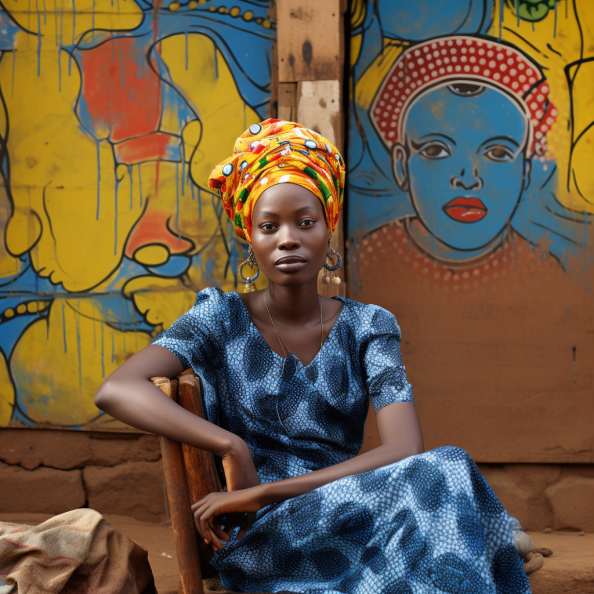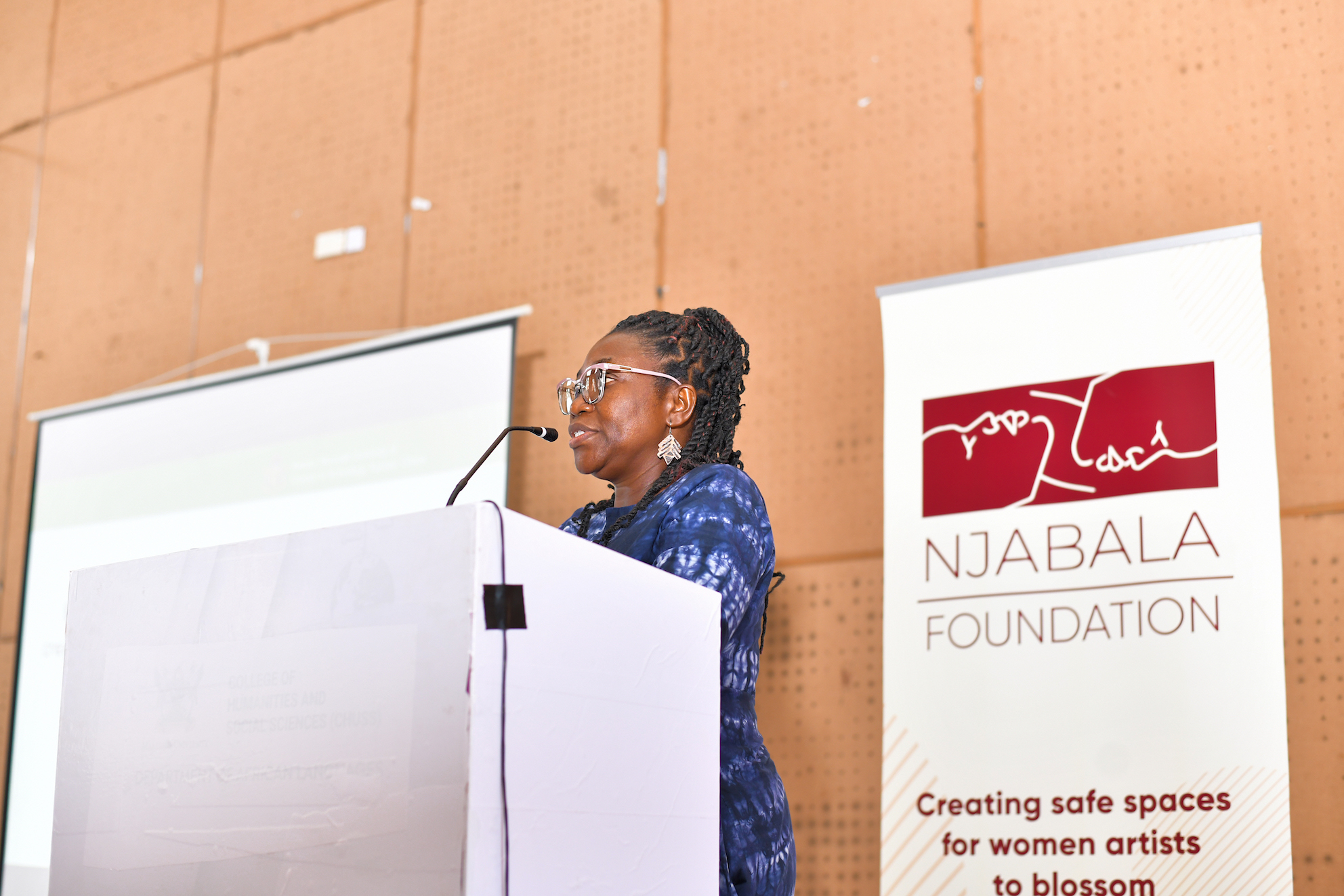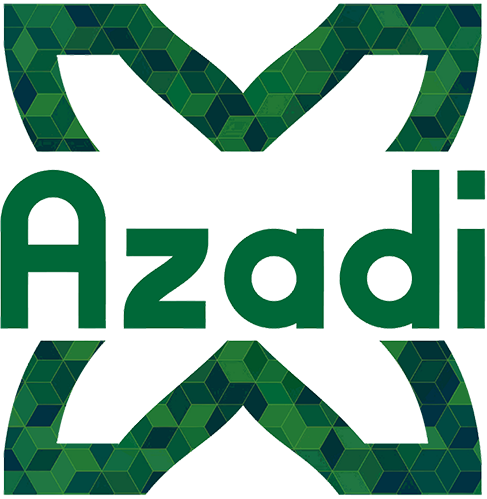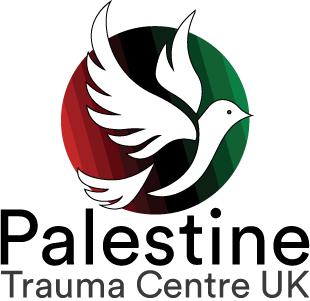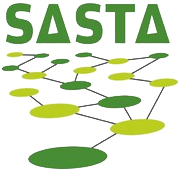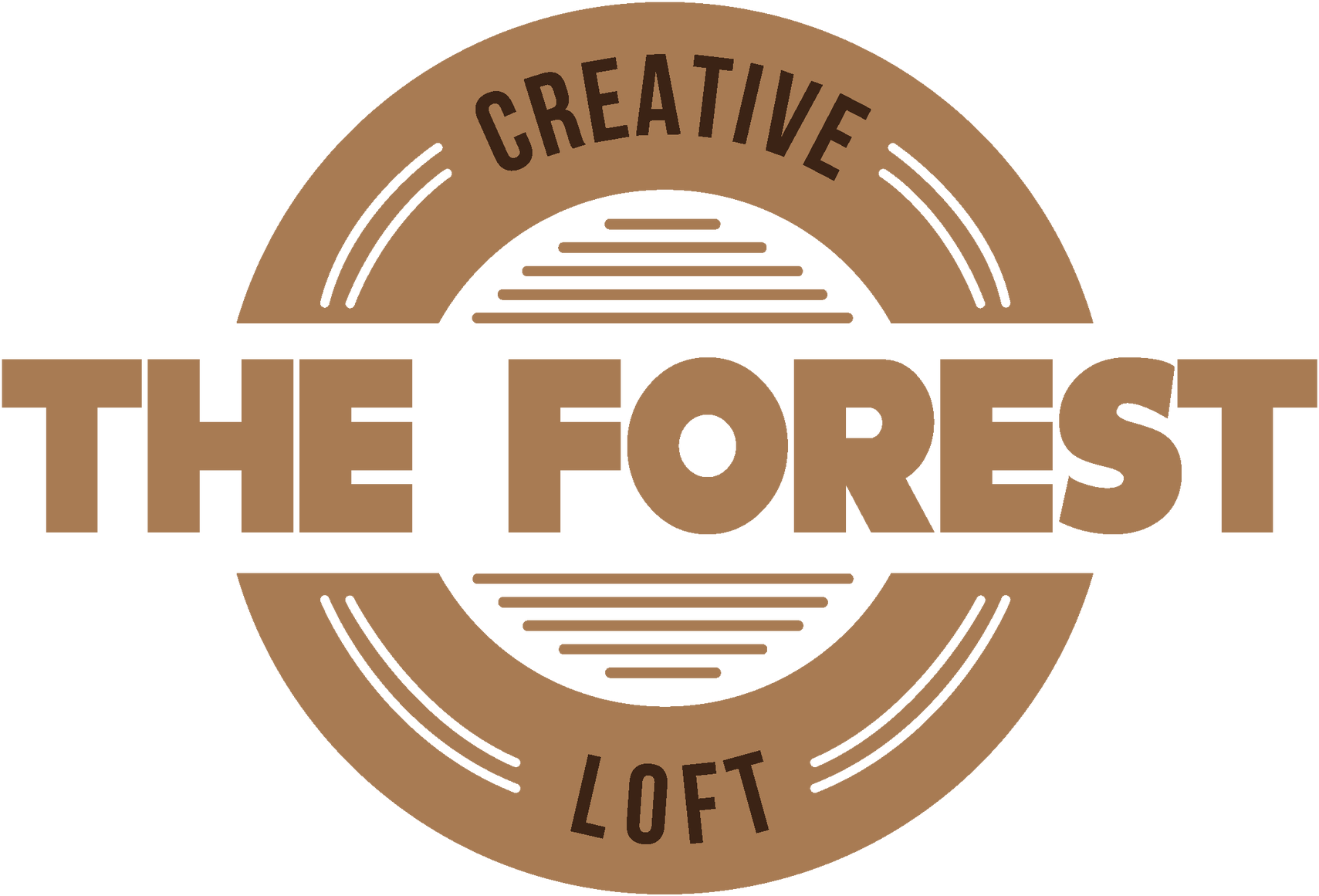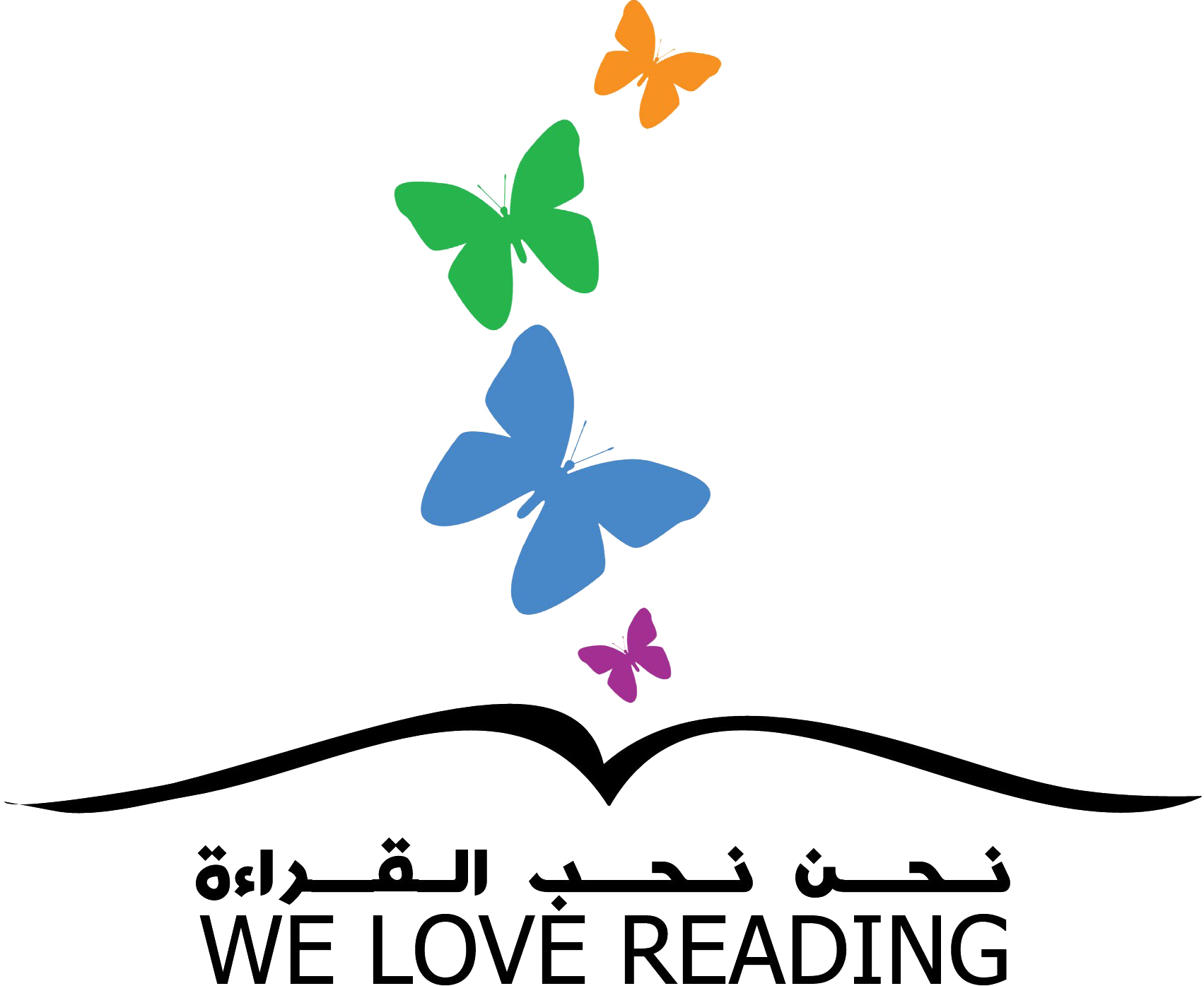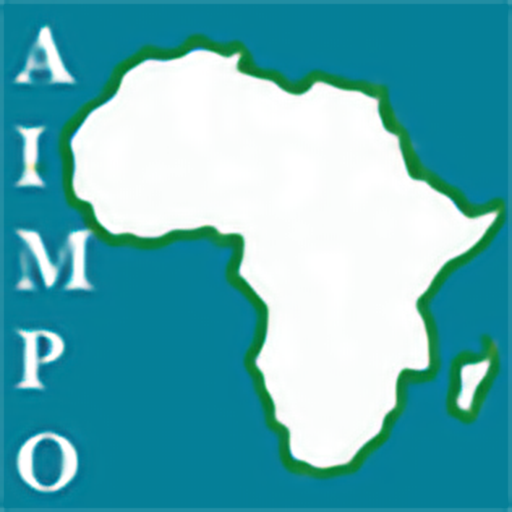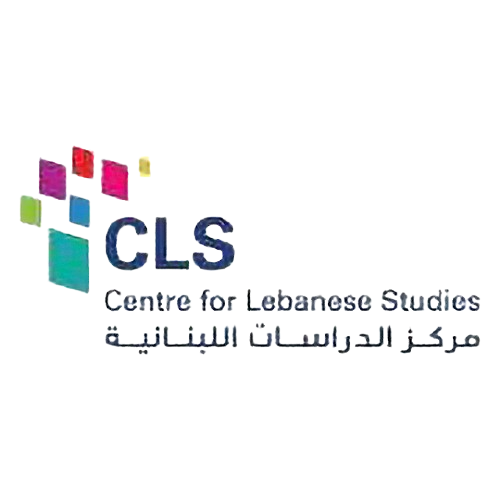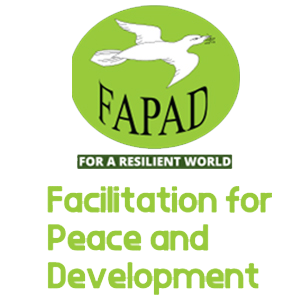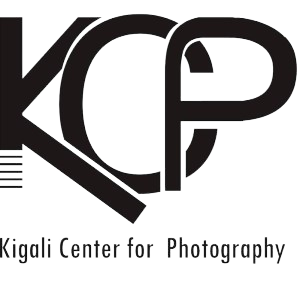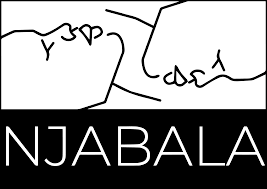The project acknowledges the discrimination faced by female artists in the region, which discourages aspiring artists. To counteract this, the project engages with archives to preserve and disseminate valuable information, reconstructing an accessible and generative art historical archive. Research findings will be shared through public events, including Tuwaye sessions and symposiums, as well as on the web and social platforms of the Njabala Foundation. The project also advocates against gender inequality in the art world by organizing exhibitions and events dedicated to women artists. It explores themes such as gender equality, African feminisms, everyday feminism, and the integration of cultural knowledge in contemporary art. Recognizing the challenges of understanding and engaging with feminism locally and globally, the project aims to create a safe and critical space for meaningful conversations on feminism and femininity. All project collaborators will conduct extensive research and visually respond to the works of Fatma Abdulla, Rebeka Njau, and other women artists from the 1960s. The research findings will be presented through sustainable curatorial formats, including a curated version of Tuwaye, to share knowledge and information about East African women artists.


